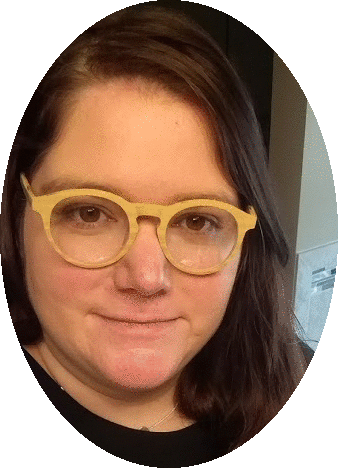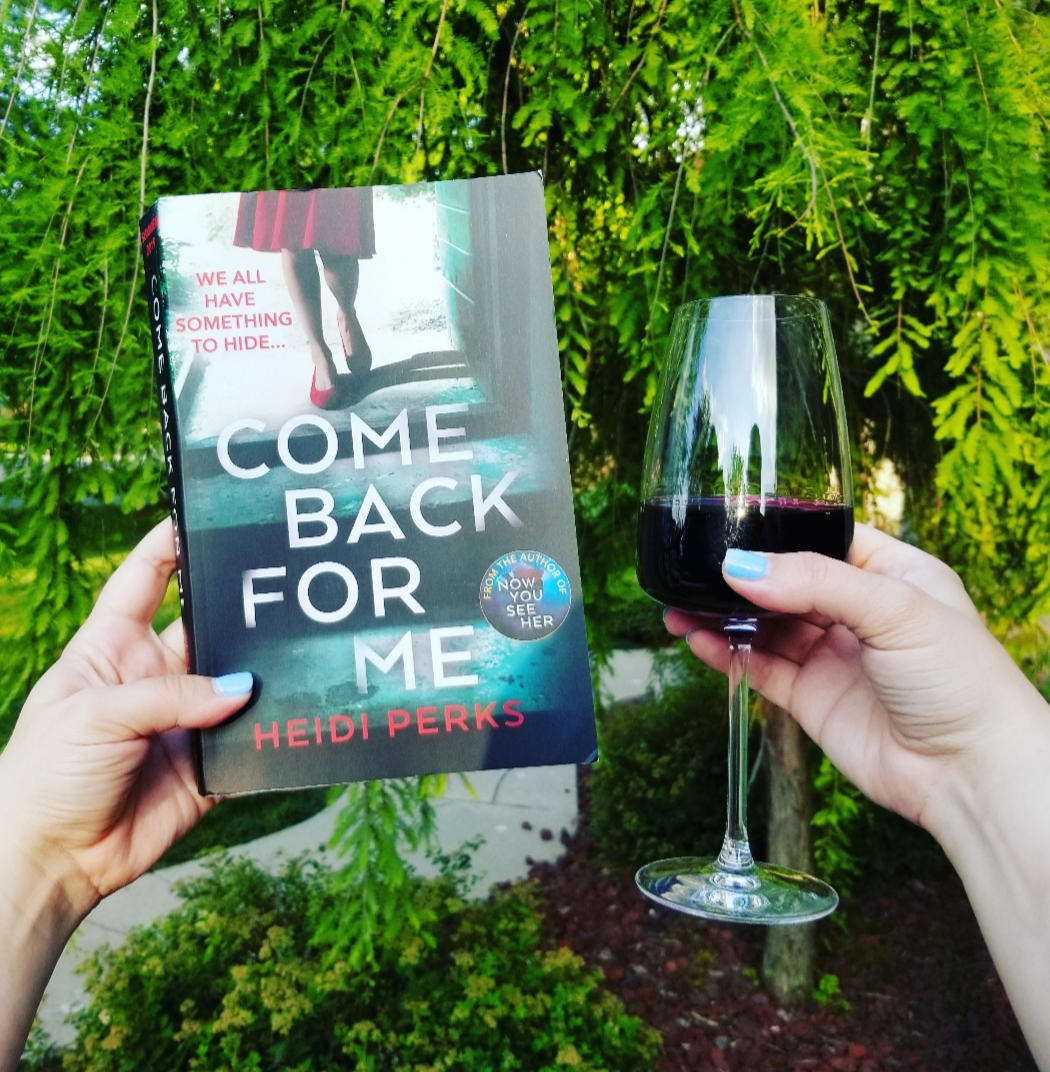REVIEW: "Mother Knows Best" by Kira Peikoff
One of the most rewarding — yet, at the same time, oddest — things about being a freelance writer is that, as you work, you amass this really eclectic catalog of knowledge.
It makes sense, really. After all, freelance writing is a schizophrenic occupation where you go from writing texts as an invisible girlfriend one minute to composing an annual report for a nationally recognized children’s hospital the next.
And, as you build this collection of generally quite useless knowledge, it’s hard not to let it seep out into your daily life.
I can’t go the bank without feeling the need to inquire as to whether the machine that the teller just used was a cash recycler — perhaps produced by the very company for which I recently wrote a white paper.
I can’t browse cheap goods on Overstock.com without trying to remember whether the item I just clicked on was one for which I composed the product description.
I can’t go to my fertility doctor without feeling the need to ask him if intracytoplasmic sperm injection — a topic about which I just months ago interviewed a renowned researcher — might be a good avenue to explore.
And I can’t pick up my most recent read, Mother Knows Best by Kira Peikoff, without finding that it deals heavily with a topic that I, quite unexpectedly know a surprisingly large amount about: the development of three-parent embryos.
When I first heard about the concept of a three-parent embryo, my initial thought was that it was technology that would be designed to help same-sex couples produce a baby that shares their DNA — which would, obviously, have otherwise been impossible.
But, I was wrong.
The purpose of creating a three-parent embryo is to enable doctors to edit out potentially deadly genetic defects — most notably, mitochondrial disorder.
It is as a result of this cruel dysfunction that the protagonist of Mother Knows Best, Claire, lost her first child.
Though they are both still recuperating from this loss from which they might, in truth, never fully recover, Clarie’s husband, Ethan, is desperate for the couple to have another go at parenthood. He’s even willing to take the risk of having another child who is impacted by mitochondrial disorder for the chance of having a child who is not.
Claire, on the other hand, cannot stomach rolling the dice and just hoping that any other human she brings into the world won’t be plagued by the same affliction that stole her son from her before he even reached his teenage years.
She is willing to explore any avenue — even ethically questionable and legally prohibited ones — to parent a healthy child.
But Ethan who, coincidentally enough, works in biomedical ethics at Columbia University, is entirely unwilling to bend the rules.
This leaves Claire with only one real choice: go behind Ethan’s back to get the healthy child she hungers for.
To carry out her plan, Claire must convince Ethan to seek IVF from a highly skilled fertility doctor — with whom Ethan has some bad blood. Thanks to connections she has built in an online support group created by mothers who, just like her, have lost children to mitochondrial disorders, Claire knows that this specialist, Dr. Nash, has been experimenting in the area of three-parent embryos. So, when she gets him in private and implores him to test his currently theoretical techniques on her, she expects that he will say yes.
But he doesn’t.
It is only after the prodding of his research assistant, Jillian, that Dr. Nash finally agrees.
So they move forward, only Nash, Claire, and Jillian aware of the fact that what they are about to do isn’t a simple, standard IVF procedure but instead a first-of-its-kind attempt to create a child with three genetic parents.
Likely as you would expect, things don’t go as smoothly as Claire had hoped. Before she knows it, her willingness to do anything to be a mother again is put to the test as she is forced to face tremendous obstacles to bring this child into the world and, once she has, to keep her daughter safe.
A tremendous departure from the traditional psychological thriller, this novel explores ground that is — both in literature and in real life — yet unbroken.
The degree to which this book resonates with individual readers will likely depend significantly on where a reader is in his or her life.
Mothers in particular, though, will find this novel immensely compelling.
This novel begs readers to engage in introspection, forcing them to think about what they would do were they in Claire’s position — how far they would go to right a genetic wrong and parent a healthy child.
While this could certainly be — and, really, has up to this point been — a highly clinical debate, Peikoff does a beautiful job of humanizing the issue.
Despite the seriousness of the issues it explores, this novel, which is framed as a thriller, never comes off as preachy or overbearing. A tremendous victory.
The one issue I had with this otherwise stunning engaging novel was the character of Jillian.
*Spoiler Alert*
It doesn’t take readers long to see — or at least to suspect — that Dr. Nash’s researcher isn’t being driven by the purest of intentions.
But not long after you first start to question her character, she transitions from a likely reasonable person with potentially suspect interest in this procedure to an almost cartoonish villain.
Her willingness to do anything, hurt any one, to get her way quickly started to feel a little.... much.
It becomes almost unbelievable.
The author could have remedied this by spending a little more time developing her character — imbuing Jillian with a backstory that would make her actions more logical and fitting.
In the absence of this backstory, though, I simply struggled to accept that someone would be able to act so coldly, so clinically, so compassionlessly.
Ultimately, the fact that I found this character a bit improbable and inauthentic ever-so-slightly diminished my enjoyment of the novel as a whole.
*End Spoilers*
This weakness notwithstanding, however, this is a thriller that stands out from the pack.
It’s different.
It’s dramatic.
It’s daring.
Mother Knows Best will likely leave you thinking long after you’ve set it down and spark a new — or reignite an existing — interest in the degree to which medical advancements are literally changing the face of reproduction.
It earns a vigorous 4 out of 5 cocktails.
How refreshing it was to encounter a thriller that so significantly broke from the formula! What decidedly un-formulaic thrillers have you read recently? Tell me about them in the comments, below.
Moving right along. Check out what I’m reading next, here.
* Drink. Read. Repeat. is a participant in the Amazon Services LLC Associates Program, an affiliate advertising program designed to provide a means for sites to earn advertising fees by advertising and linking to Amazon.com. As an associate, we may earn commissions, at no cost to you, from qualifying purchases on Amazon.com










